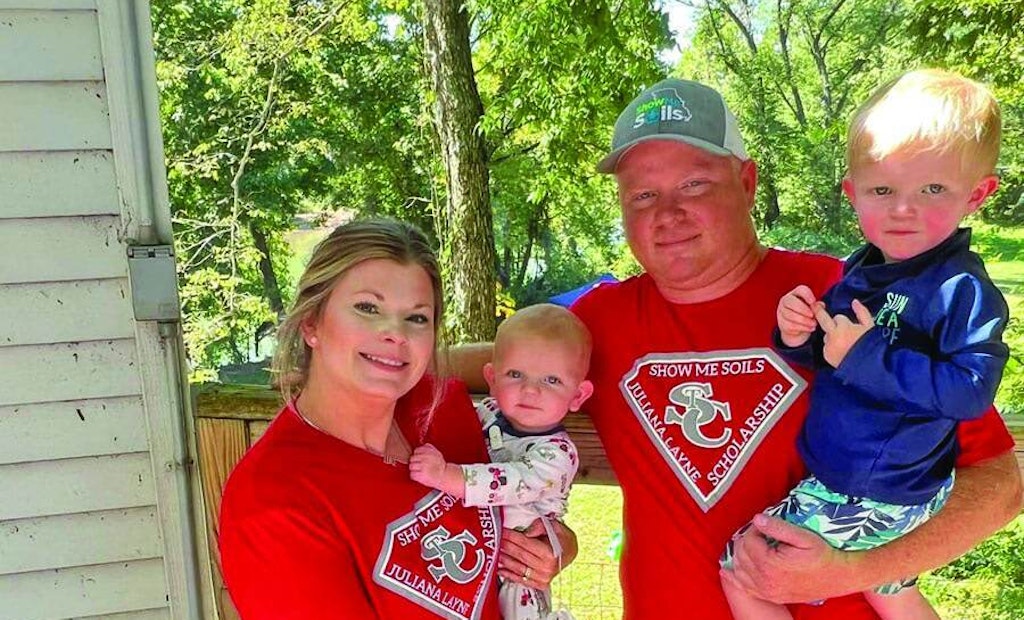Name and title or job description: Chris Chapman, owner
Business name and location: Show Me Soils, Lonedell/St. Clair, Missouri
Services we offer: Onsite soil evaluations and onsite system inspections for real estate transactions. We manufacture precast septic tanks. And we...






